Indigenous Governance Database
Osage Nation
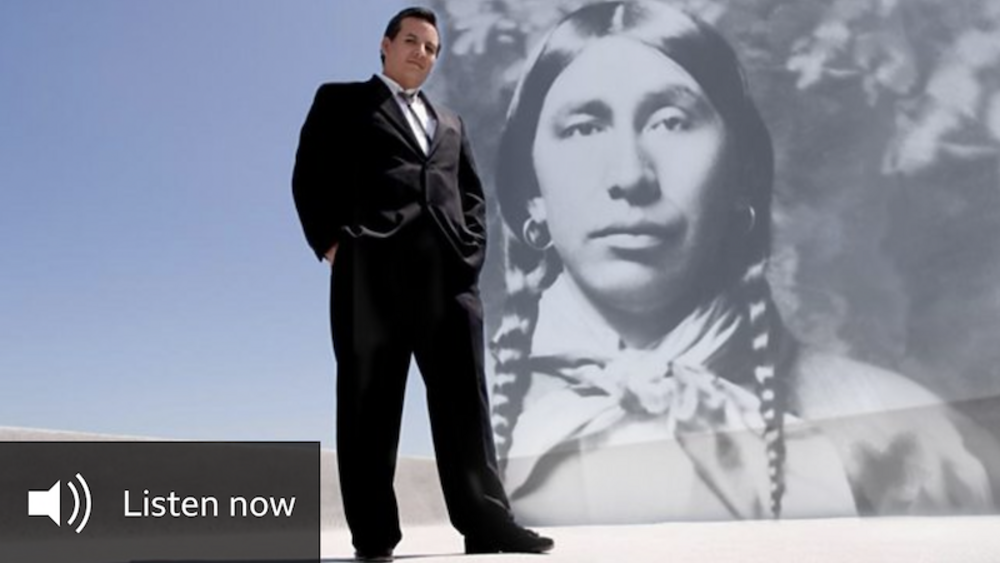
Our community struck oil; then the murders began
Jim Roan Gray is a former chief of the Osage Nation, a Native American community. In the 1920s, the Osage were the richest people in the world per capita after discovering oil on their lands. But then began the ‘reign of terror’ and the Osage were targeted in a series of mysterious murders. One of…

Jim Gray: Making Change Happen
Former Principal Chief James Gray of the Osage Nation makes a guest speaker appearance to the January In Tucson class “Making Change Happen”. In Chief Gray’s own words, he shares his direct experiences with indigenous governance for the Osage people and gives a larger context to the historic…
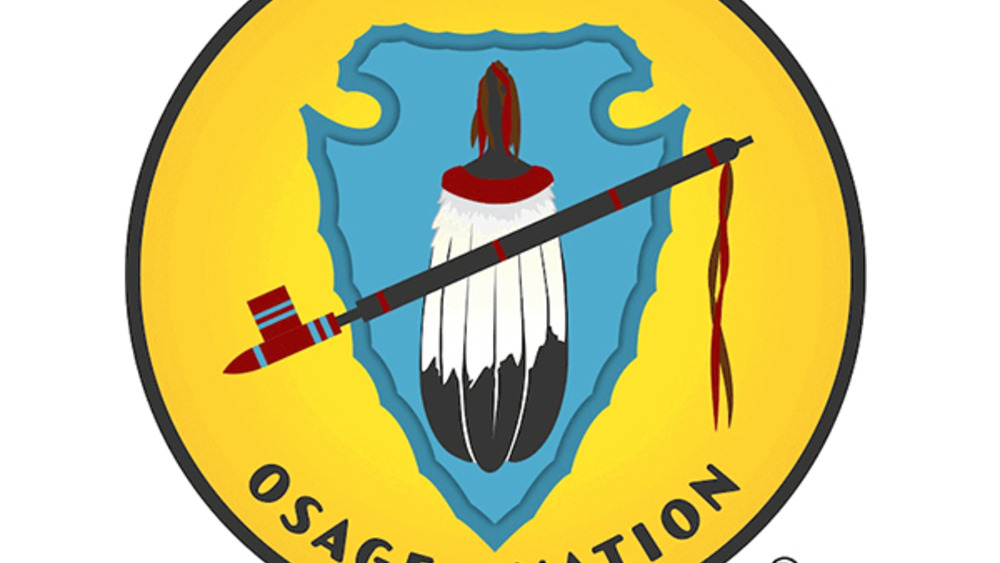
Osage Nation Constitution
Location: Oklahoma Population: 13,300 Date of Constitution: 2006 Key Facts: The 2006 Constitution reformed the entire Government structure.
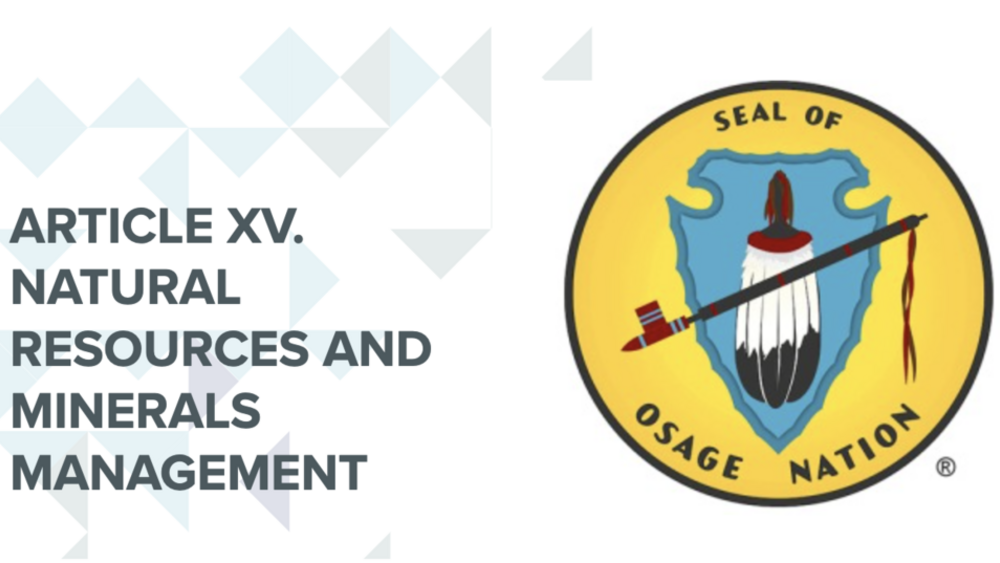
Osage Nation: Distribution of Authority Excerpt
ARTICLE XV. NATURAL RESOURCES AND MINERALS MANAGEMENT Section 1. General authorityThe legislature of the Osage Nation shall provide for the utilization, development and conservation of all natural resources within the territory of the Nation for the maximum benefit of the Osage…
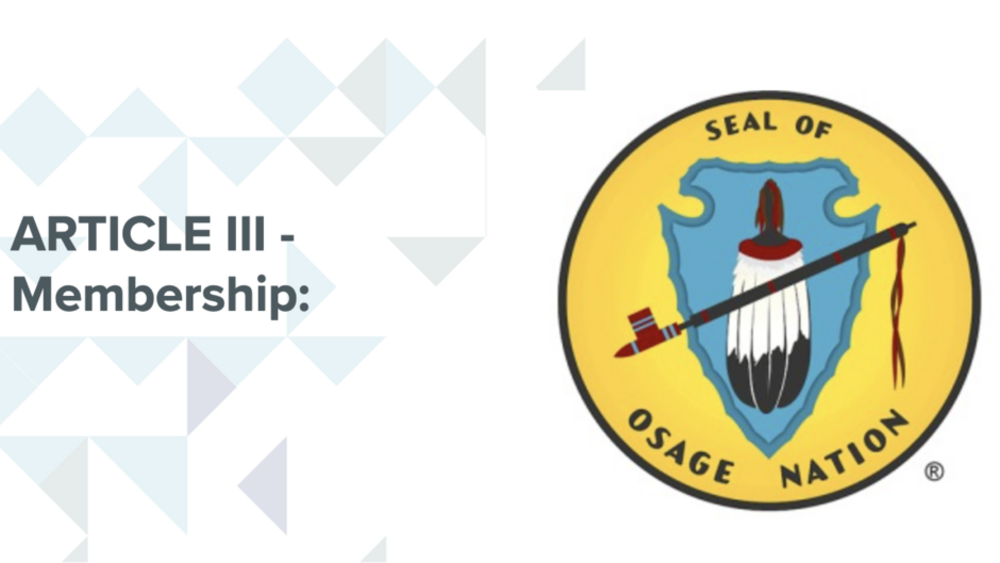
Osage Nation: Citizenship Excerpt
ARTICLE III - Membership: Section 1. Base membership roll: The base membership of the Osage Nation shall consist of those persons whose names appear on the final roll of the Osage Tribe of Indians pursuant to the Act of June 28, 1906 (34 Stat. 539). Section 2. Qualifications for membership: All…
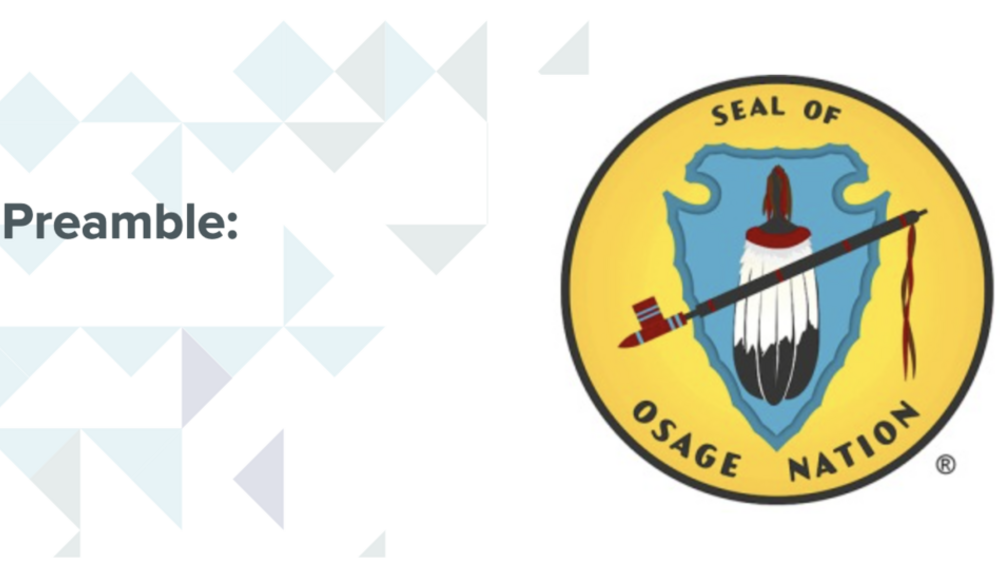
Osage Nation: Preamble Excerpt
Preamble: We the W/\ ZA ZOK (Wah-zha-zhe), known as the Osage People, having formed as Clans in the far distant past, have been a People and as a People have walked this earth and enjoyed the blessings of Wah-kon-tah for more centuries than we truly know. Having resolved to live in harmony, we…
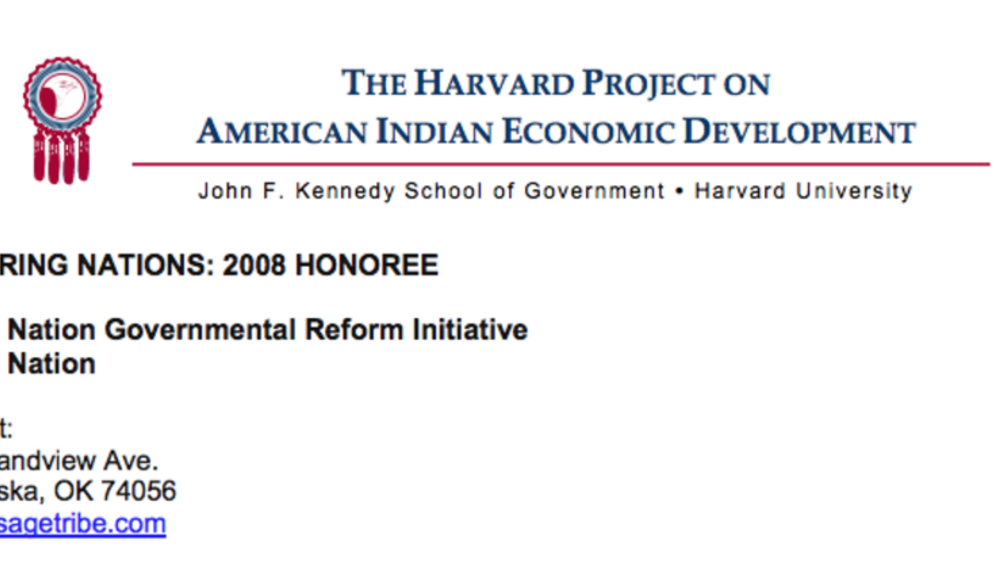
Osage Nation Governmental Reform Initiative
At the turn of the 20th century, the US government abolished the 1881 Osage Nation Constitution and imposed rules for land ownership and citizenship. Many Osage citizens were disenfranchised and the Tribal Council was granted only limited powers, which lead to years of weak government, corruption,…
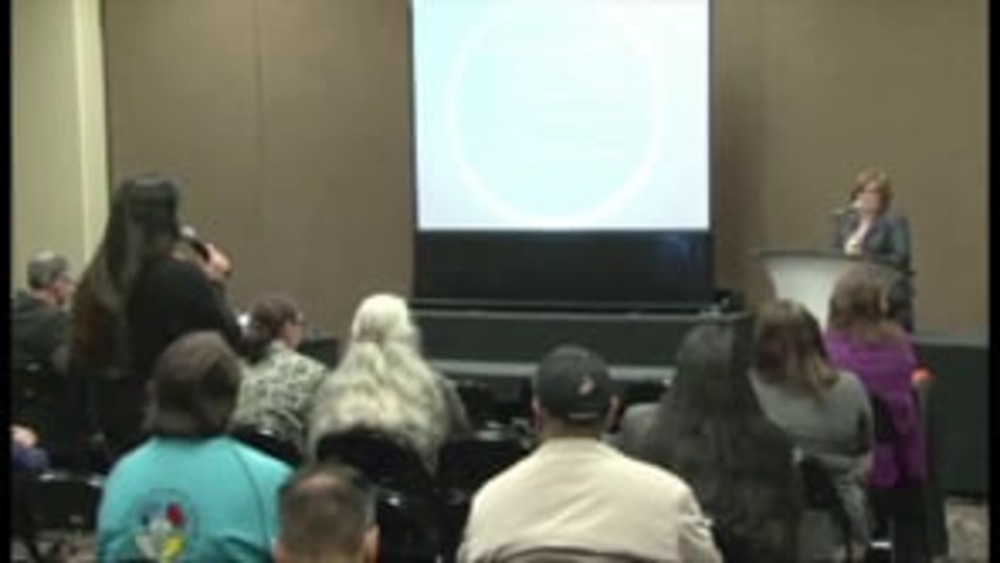
Jim Gray and Patricia Riggs: Citizen Engagement: The Key to Establishing and Sustaining Good Governance (Q&A)
Presenters Jim Gray and Patricia Riggs field questions from audience members about the approaches their nations took and are taking to engage their citizens and seed community-based, lasting change. In addition, session moderator Ian Record offers a quick overview of some effective citizen…
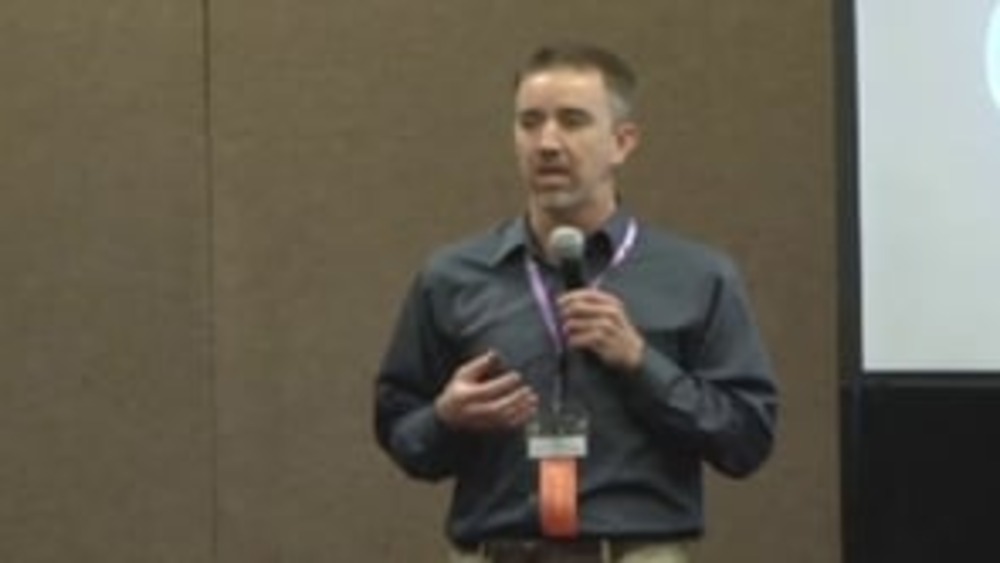
Ian Record: Citizen Engagement: The Key to Establishing and Sustaining Good Governance
For Native nations, establishing and sustaining the good governance necessary to determine and then achieve their strategic priorities hinges on citizen engagement: the ability of a nation and its government to consult and educate its citizens about the major decisions it makes and implements in…
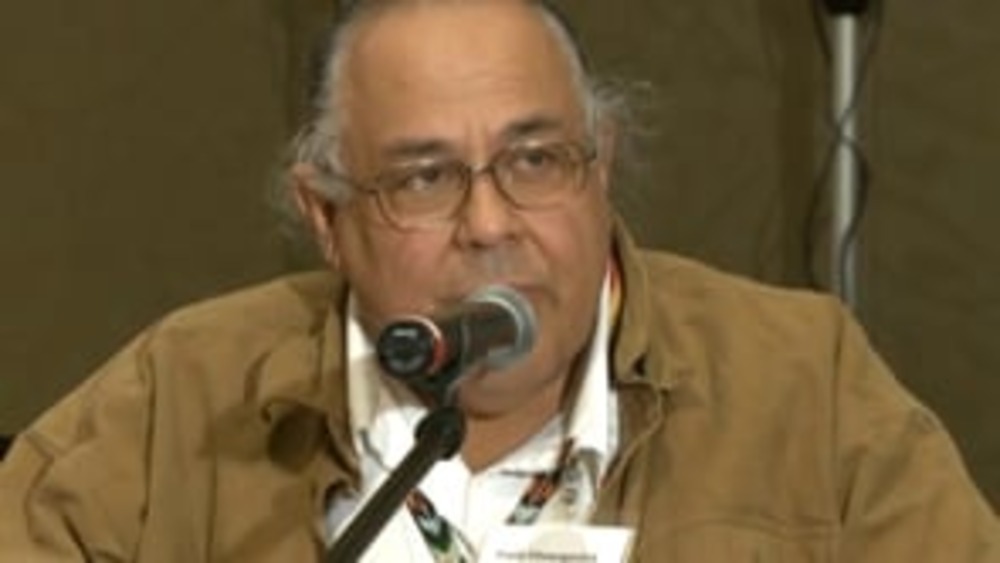
Native Leaders and Scholars: The Movement Away from Blood Quantum
Several Native leaders and scholars discuss the growing movement away from blood quantum as a primary criteria for determining eligibility for citizenship in Native nations.
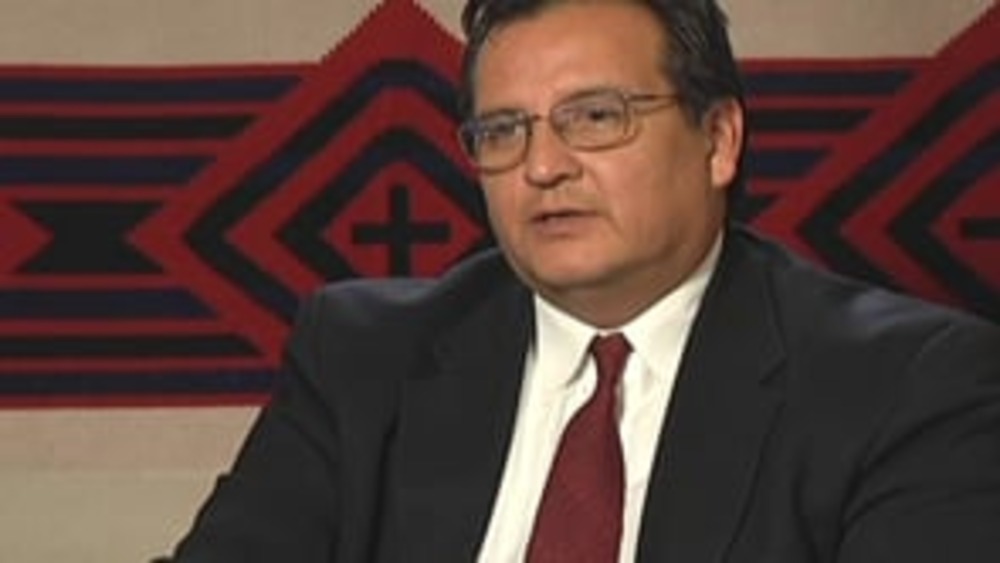
James R. Gray: Rebuilding Osage Governance from the Ground Up
In this informative intervew with NNI's Ian Record, James R. Gray, former Principal Chief of the Osage Nation, details his nation's effort to design a new constitution and government from the ground up, and provides an overview of the thorough education and consultation process the nation developed…
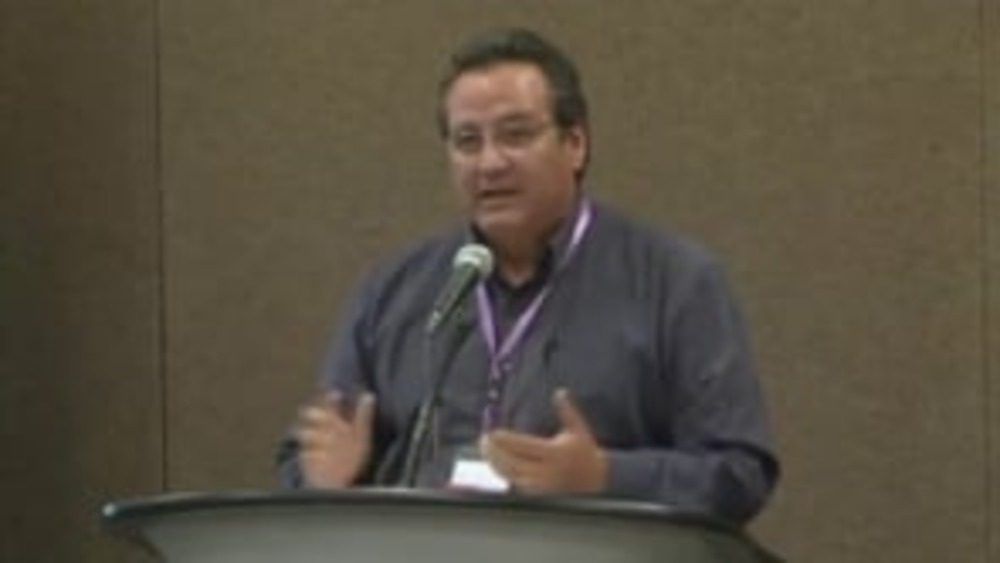
Jim Gray: The Role of Citizen Engagement in Nation Building: The Osage Story
Jim Gray, former Principal Chief of the Osage Nation, provides an overview of how the Osage Nation completely overhauled its constitution and system of governance, sharing the strategies that Osage used to educate and engage its citizens in order to ensure that their new government reflected the…
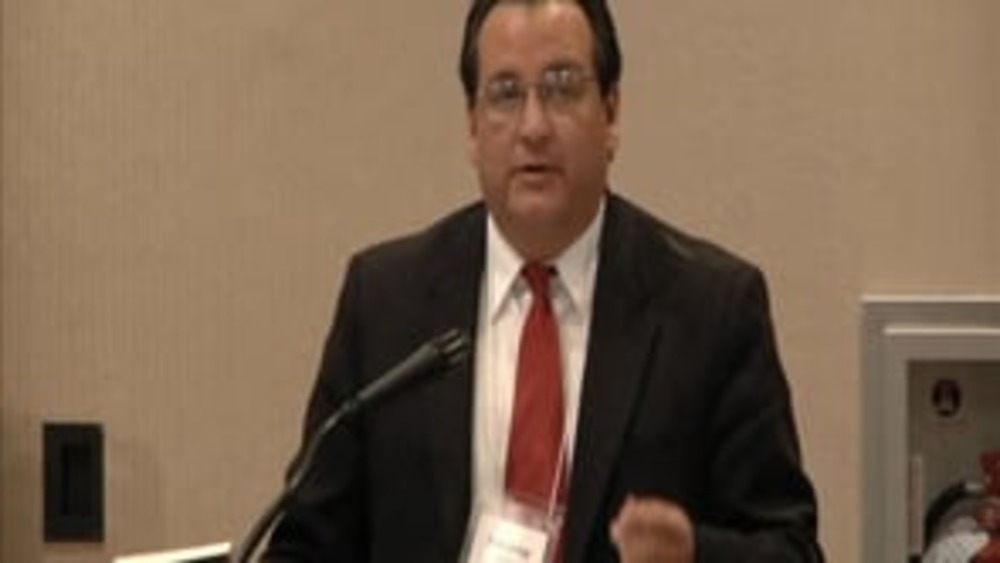
James R. Gray: Educating and Engaging the Community: What Works?
James R. Gray, former Chief of the Osage Nation, discusses leadership and governmental reform through educating and engaging the community. This video resource is featured on the Indigenous Governance Database with the permission of the Bush Foundation.
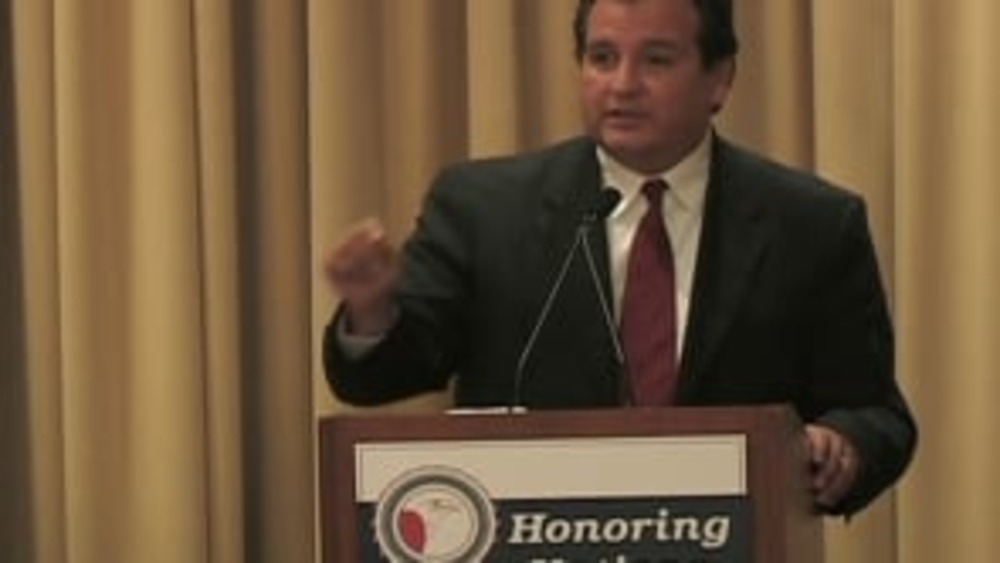
Honoring Nations: James R. Gray: Sovereignty Today
Former Osage Nation Principal Chief James R. Gray discusses what sovereignty means today through the lens of his first term in office under his nation's new system of government.
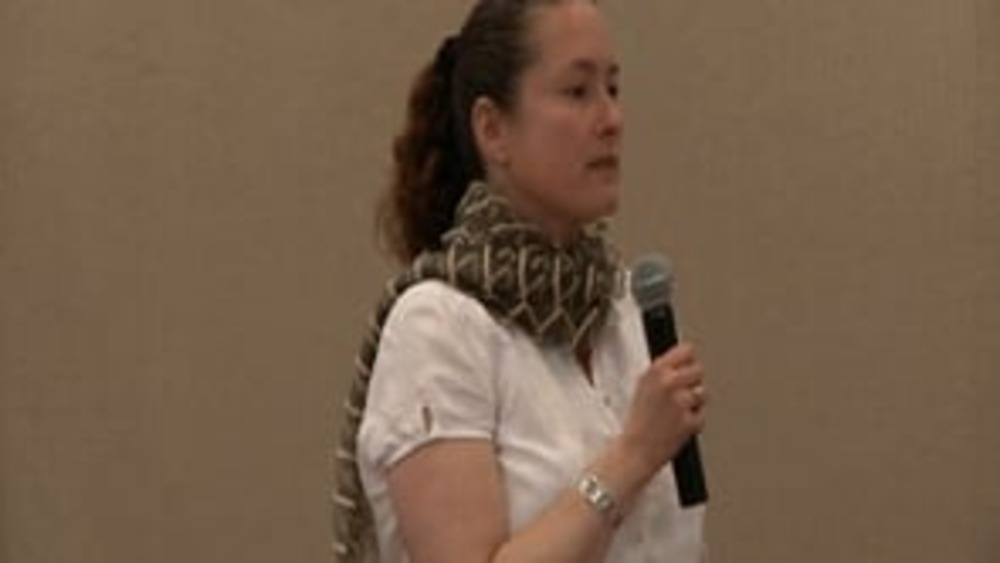
Miriam Jorgensen: Organizing the Reform Process
NNI Director of Research Miriam Jorgensen shares what she sees as some of the critical keys to Native nations' efforts to develop and implement effective constitutional reform processes. This video resource is featured on the Indigenous Governance Database with the permission of…
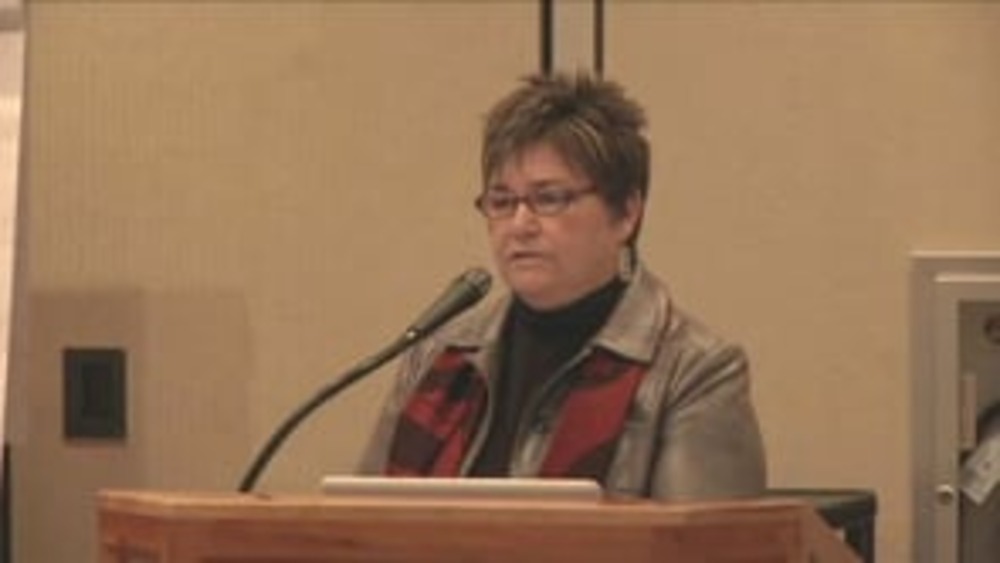
Hepsi Barnett: How Did We Go About Remaking Our Constitution?
Former staff member Hepsi Barnett of the Osage Government Reform Commission discusses the process by which the Osage Nation approached the task of developing a new constitution and system of government, and also provides the complex history that necessitated their creation. This video…
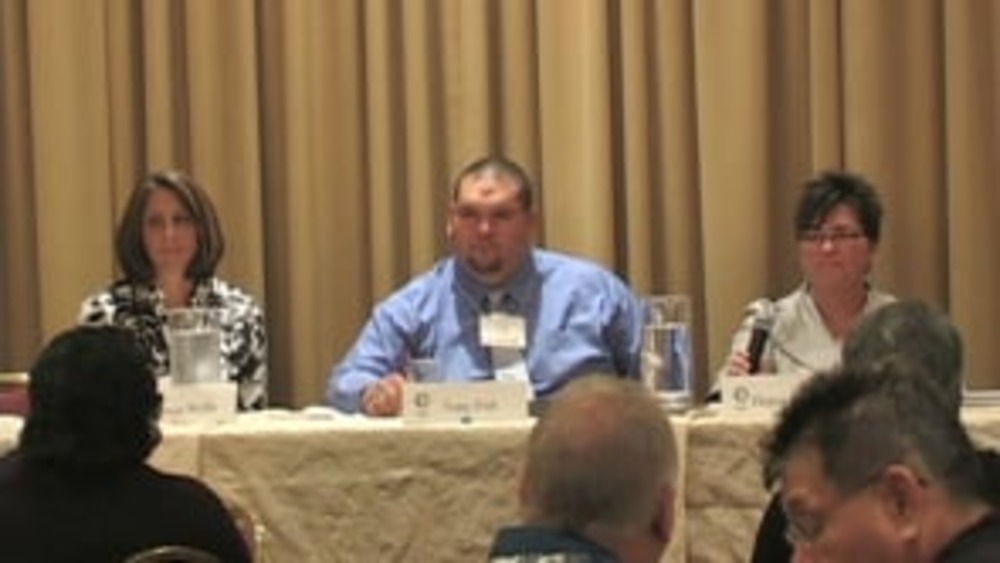
Honoring Nations: Hepsi Barnett, Tony Fish and Joyce Wells: Reclaiming Native Nations (Q&A)
Native leaders Hepsi Barnett, Tony Fish, and Joyce Wells share a deeper level of detail about the roots and impacts of their nations' Honoring Nations award-winning programs.
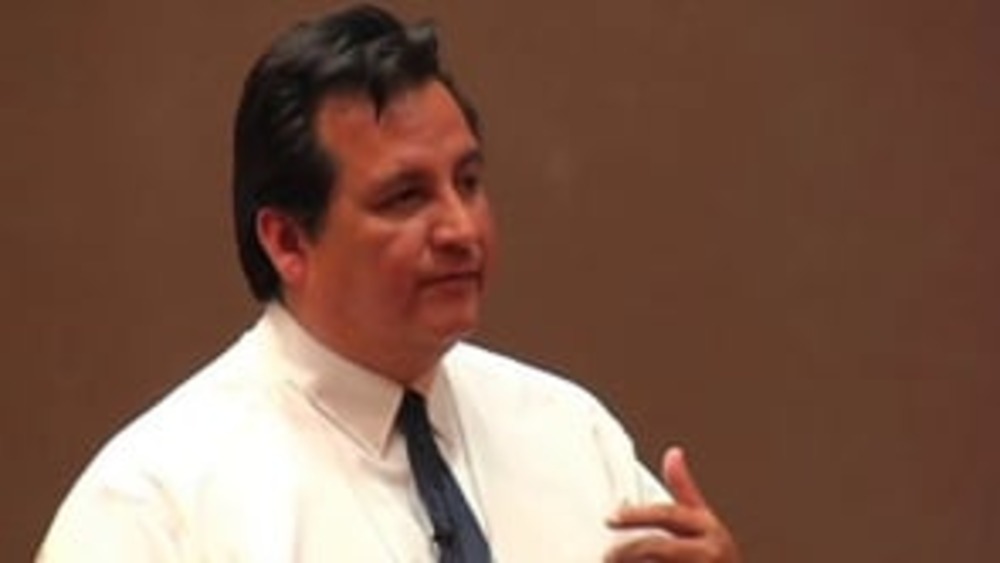
James R. Gray: Government Reform: Mobilizing Citizen Participation
Former Osage Nation Principal Chief Jim Gray explains the significant citizen-engagement hurdle the Osage Nation had to overcome in creating a new constitution and governance system, and how its ability to cultivate citizen participation and ownership in the development of Osage's new government…
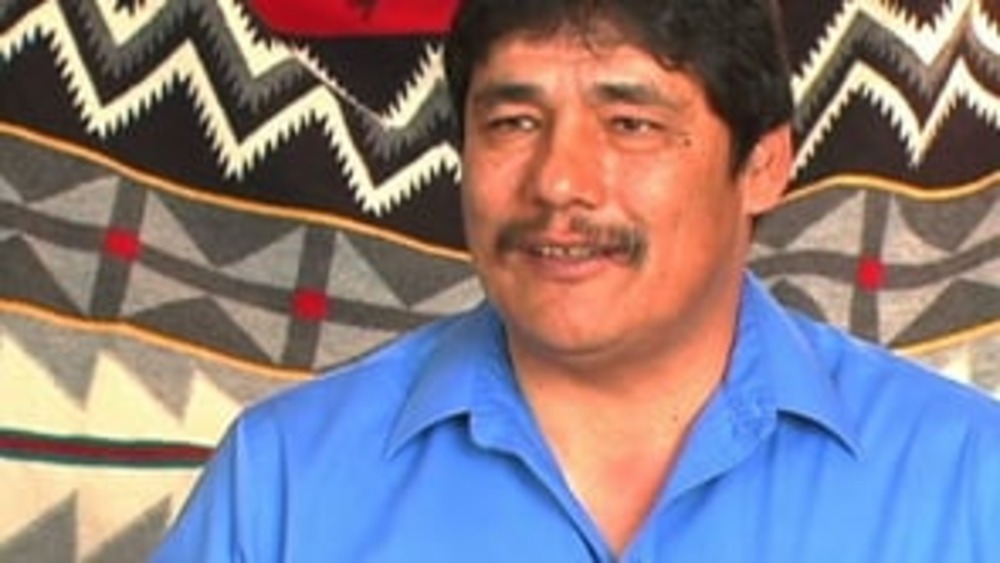
From the Rebuilding Native Nations Course Series: "Constitutions: Reflecting and Enacting Culture and Identity"
Hepsi Barnett, Frank Ettawageshik, Greg Gilham and Donald "Del" Laverdure offer their perspectives on the opportunity that constitutional reform presents Native nations with respect to reintegrating their distinct cultures and identities into their governance systems.
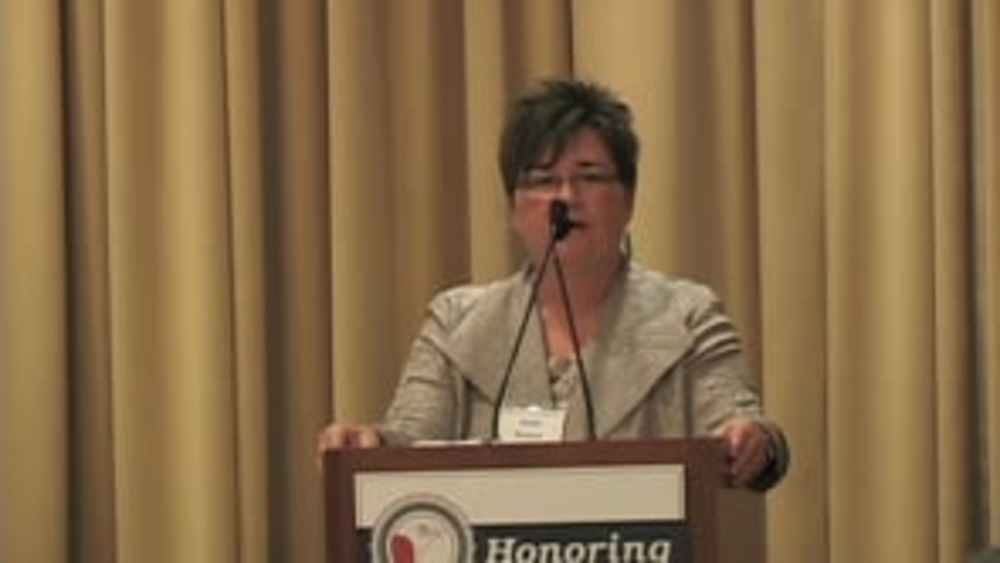
Honoring Nations: Hepsi Barnett: The Osage Government Reform Initiative
Former Osage Government Reform Commission Staff Member Hepsi Barnett discusses the historical events and resulting governance issues that prompted the Osage Nation to create an entirely new constitution and system of government in 2006.
